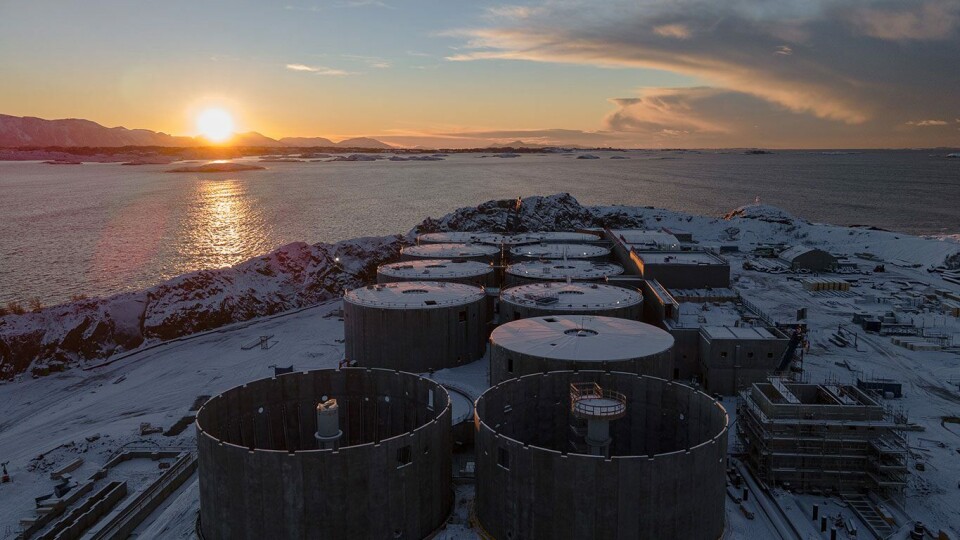
On-land salmon farmer plugs into ‘guaranteed green’ electricity
Salmon Evolution, which plans to produce 31,500 gutted weight tonnes of salmon annually in an on-land facility in Norway, has entered into a 100% green physical power supply agreement with state-owned power company Statkraft.
The deal guarantees Salmon Evolution 100% renewable energy for its facility at Indre Harøy where farming operations are expected to commence during March 2022.
The electricity will be sourced from Statkraft’s hydropower plant at Grytten in Rauma Municipality, around 60 km (37 miles) from Indre Harøy.
Attractive terms
As part of the agreement, Salmon Evolution has secured a fixed electricity price covering most of the company’s electricity needs for 2022 and 2023 at what it said were highly attractive commercial terms, confirming original budget assumptions.
Salmon Evolution’s chief financial officer Trond Håkon Schaug-Pettersen said: “The execution of a green power purchase agreement directly with Statkraft’s Nordic Origination team is yet another strong testament to Salmon Evolution’s credibility in the market.
“Furthermore, this agreement is a great example of delivering on our vision, Extending the Ocean Potential, where we continuously push for an acceleration of new circular blue economies.
“Also, as our company now approaches commercial operations, our customers can be 100% certain that our salmon is produced with the lowest possible environmental footprint, setting a new benchmark for sustainably produced salmon.”
Hybrid flow-through
Indre Harøy is an island close to the shore on Norway’s west coast that offers Salmon Evolution access to sea water for its hybrid flow-through (HFS) and recirculation system.
As well as the Norway project, Salmon Evolution is part of a joint venture with Dongwon Industries where the parties will develop, construct and operate a land-based salmon farming
facility in South Korea with an annual production capacity of 16,800 tonnes HOG, using Salmon Evolution’s HFS technology.























































